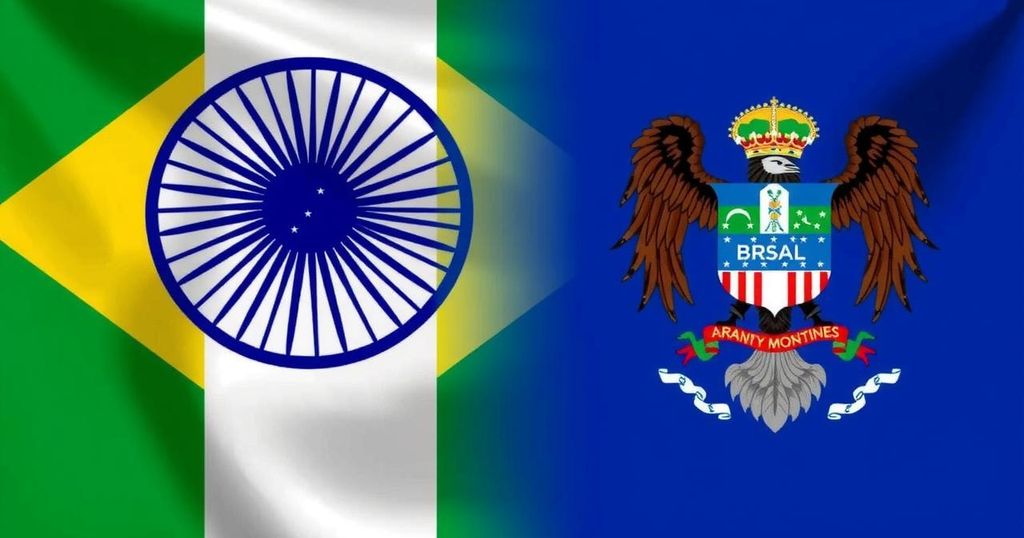Argentina Refuses to Join Brazil’s Global Anti-Hunger Initiative at G20 Summit

Argentina has opted not to participate in the Global Alliance Against Hunger and Poverty, which will be launched at the G20 summit in Brazil. This decision furthers the political divide with Brazil, where President Lula advocates for the initiative aimed at eradicating hunger by 2030. Argentina’s negotiations for participation remain unresolved, reflecting ongoing tensions between its leadership and Brazil’s.
Argentina has declined to endorse a global anti-hunger initiative that will be inaugurated during the G20 summit scheduled to take place in Rio de Janeiro, according to Brazilian officials. This decision, made under the leadership of President Javier Milei, reinforces the mounting political rift between Argentina and Brazil, where President Luiz Inácio Lula da Silva is advocating for the Global Alliance Against Hunger and Poverty. This initiative aspires to eliminate hunger and poverty by the year 2030 and aims to address issues of inequality across the globe. Brazilian officials indicated that Argentina’s absence from the initiative, which has garnered participation from 81 countries, is notable, stating that its membership is “under negotiation”. The relationship between the two neighboring countries has been strained, particularly since Milei’s election last year. As an ally of U.S. President-elect Donald Trump, Milei has expressed skepticism towards multilateral cooperation, favoring stringent austerity measures to combat Argentina’s persistent inflation issues.
The Global Alliance Against Hunger and Poverty, championed by President Lula, represents a significant commitment by various nations to address hunger and poverty worldwide. With its ambitious goal set for 2030, the initiative seeks to mobilize international support and resources to tackle these systemic challenges, emphasizing collaboration among nations. The initiative has gained widespread backing, indicating a collective recognition of the urgency to alleviate poverty and ensure food security, especially during times of rising global inequality and economic uncertainty.
In conclusion, Argentina’s refusal to join the Global Alliance Against Hunger and Poverty highlights a deeper political divide between it and Brazil. While the initiative aims to unite nations in the fight against hunger and poverty, Argentina’s current administration, led by President Javier Milei, appears to favor isolationist policies and austerity measures. As this relationship evolves amidst economic challenges, the implications for regional cooperation in addressing critical issues remain to be seen.
Original Source: www.batimes.com.ar








